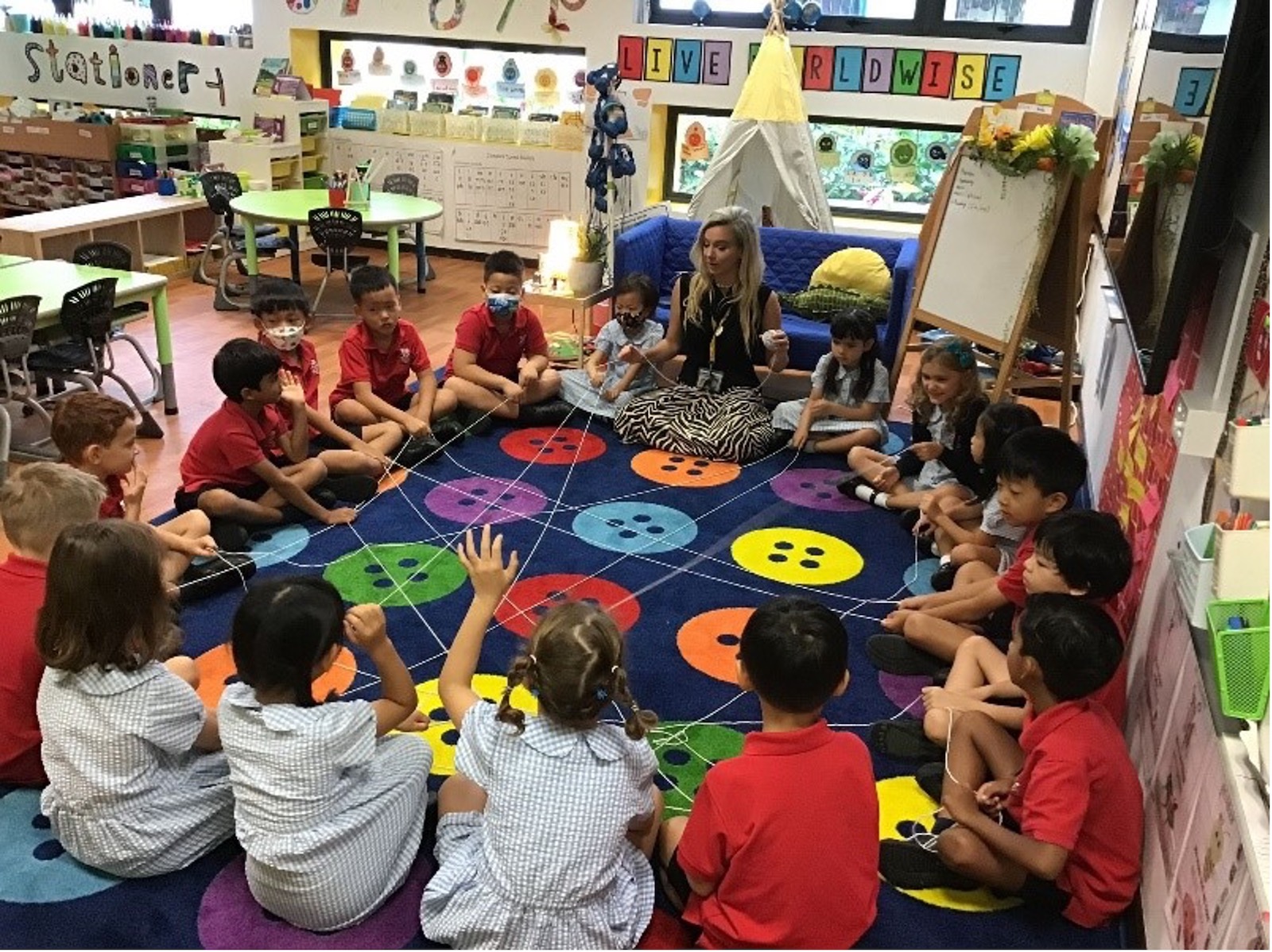Interview with Mr Jacob Martin on Global Citizens

What is Global Citizenship?
At Dulwich, Global Citizenship is the idea that everyone is responsible for the well-being of the planet and its people. It involves being aware of global issues and events, being respectful and understanding of different cultures, and taking actions to make a positive impact in the world. After much consultation across our community, our own definition has five key components. Sustainability, Intercultural Understanding, Diversity, Equity and Inclusion (DEI), Social Justice and Wellbeing.
What is Dulwich’s approach to global citizenship and how is it integrated into the curriculum?
Dulwich has a strong commitment to developing global citizens which is what our “Live Worldwise” mission defines for us. Global citizenship is a holistic approach that is integrated into all aspects of the College and is a part of who we are. It is infused and embedded throughout the curriculum, encompassing the 5 key components. The goal is to create a well-rounded education that prepares students to be active, informed, and engaged members of the global community. In our Early Years and Junior School, we use the five components to frame all our learning experiences. In Senior School, we include dedicated curriculum programs and opportunities for students to lead in this area.
How does the school encourage students to become responsible global citizens?
Dulwich provides students with numerous opportunities to learn about and take action on global issues. In addition to providing education on global issues and encouraging critical thinking, we also facilitate guest speakers, field trips, community service projects, and international exchanges including to our sister school in Switzerland. We have numerous clubs and societies dedicated to this cause, including a student led ‘Aware students’ initiative and a model United Nations program. Our goal is to empower students to make informed decisions and take meaningful actions that have a positive impact. All these experiences help students understand their role and responsibilities as global citizens whilst developing the skills and knowledge to create a positive difference.
Can you give some examples of recent student projects?
One example is where three of our Senior School Changemakers went through a rigorous paperwork process of auditing the school’s carbon footprint and creating an action plan to apply for the WWF Eco-Schools status. Our students’ organisation, detailed research and insightful ideas were impressive and have led to the college being awarded WWF Eco-School status. They are now working with the WWF to organise a three-month leadership programme looking at food sustainability.
Recently some of our students appeared on the Britcham Singapore Podcast to advocate for sustainability issues across Singapore . We also have Student Sustainability and Community Ambassadors in place in all three schools, as part of our student leadership programmes, and are already out there making a positive impact.
All our students (DUCKS - Year 13) are involved in in local and international community service projects. This include partnerships with community organisations, volunteer work during international trips, and community service projects organised by the school. We work closely with Singapore government agencies to ensure our local community service efforts are targeted and support those most in need in our community.
How does the school support the cultural diversity and promote understanding and respect for different cultures?
With over 60 nationalities in our community, we are culturally diverse. Our commitment to DEI has led us to undertake a thorough review and development of all aspects of the College’s operations. We are mid-way through a three-year review which looks at everything from our curriculum to Human Resources and the policies we use as a College. However, being aware of and understanding the issues (DEI) is half of our approach. Of greater importance is empowering our students to be active agents of change. We do not dictate specific advocacy goals, but rather encourage students to act on issues they feel passionately about.
